Author: InnovaSpace TeamWorking towards a globally inclusive and diverse network of space professionals, researchers, entrepreneurs, students & enthusiasts - Space Without Borders 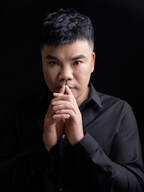 Time to catch-up with our colleague from the east, Chris Yuan, who very enthusiastically and capably established the Ursa Minor project in China, under the umbrella of the Planetary Expedition Commander Academy (PECA). It involves the development of new technologies and innovative training courses to encourage and inspire a future generation of space science researchers and astronauts. As previously reported in 2022, Chris and his students learned how to perform the Evetts-Russomano CPR technique underwater on a manikin while diving, as the water simulates the weightlessness that is present in microgravity. This practice now forms part of a larger course, the Ursa Minor Interstellar Expedition Program, giving the opportunity for 12- to 18-year-olds to participate in an underwater space science training camp.
Girls from Kazakhstan, Kyrgyzstan and Uzbekistan have launched nanosatellites to analyse air pollution, as reported by the UNICEF Office in Kyrgyzstan. According to the organisation, three nanosatellites were created by participants of the UniSat educational program, within a joint project between UNICEF and the Al-Farabi Kazakh National University. The organisation further reported that - "nanosatellites, which belong to the class of small spacecraft, weigh up to 10 kilograms and are equipped with several cameras, one of which is capable of capturing elliptical images of the Earth with 4K resolution. During launch, UniSats allow you to capture stunning high-resolution images of the Earth and space. Sensors collect data on radiation, pressure, gravity, light and gas composition, and large amounts of data, video and images are sent back to Earth for analysis." "The launch of the nanosatellites is symbolic. It demonstrates the limitless potential of girls and women in Central Asia. Their ability to push the boundaries of science and technology. We are extremely pleased that this year we were able to include 2,000 female participants from the three countries in the program and inspire them to continue their education and careers in science, technology, engineering and mathematics. We believe that the results of the UniSAT program will bring a cosmic change in society." The nanosatellites were created by the girls as part of a 10-day marathon. The project participants mastered the design, engineering, programming, and assembly of the spacecraft. They were able to visit the centre for space technology and remote sensing, and the theoretical knowledge they gained was immediately put in practice during the classes. Under the mentors’ guidance, they designed nanosatellite bodies using 3D modelling and printed them on a 3D printer. The girls also programmed UniSat subsystems and tested them in the lab before launch. "In Kyrgyzstan, only one in three girls aged 15-19 is computer literate, and more than 80 percent of girls choose social and human sciences. But how much do these choices reflect girls’ professional interests and aspirations? That’s why UNICEF launched Girls in Science in 2020 to help them expand their horizons, overcome gender stereotypes, and make their career choices. Every year, more than 10,000 girls join the initiative and more girls gain confidence in developing a career in science. In this context, the nanosatellite launch event is not only the result of two years of work for us, but also an inspiration for the potential of girls and our youth." The UniSat program is supported by the Dubai Cares International Education Foundation, Clé de Peau Beauté brand, and philanthropist Nazanin Alakija Article originally published (28/03/2022) in Russian on the website 24.Kg - LINK
Our thanks to Myrza Karimov (University of Central Asia) for supplying InnovaSpace with the version translated into English 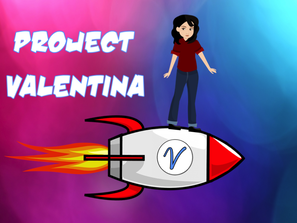 The tagline of the InnovaSpace Valentina project is ‘Science is for girls too!’ – an ideal we very much support, and an excellent example of which is Space Physiologist, Dr. Julia Attias, who is a PhD Researcher at King's College London. I had the pleasure of meeting Julia a few years ago when she was doing her Master’s degree in Space Physiology and Health (2012) at King’s College London, which then led on to her completing a PhD in Space Physiology (2018). Julia is passionate about inspiring young ladies to pursue a career in the STEM areas, and dedicates some of her time to writing blogs for websites such as WISE (Women In Science and Engineering), and a charity, GlamSci, aimed at breaking down perceived stereotypes and barriers to STEM areas. We asked Julia a few questions about her life and path to becoming a space physiologist: 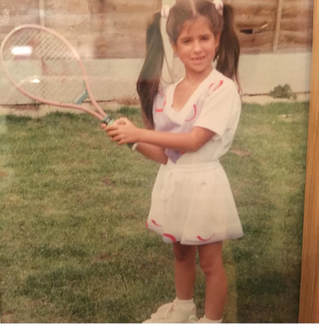 What sort of child were you? I can say I was a very energetic child and very focused on sports activities from a very early age. My Mum was a tennis coach, so from about the age of about 4 years old, I could be found running around a tennis court, gripping my first racquet in hand, on which someone had spray-painted the letter ‘J’. Naturally enough by the time I started school my favourite subject was PE (physical education), at which I was always very competitive indeed! What were your school years like? I was lucky enough to go to great schools; I enjoyed my school years and made some good friends. At primary school I sometimes used to get in trouble for talking too much, but in fact it wasn’t just idle chatter for the sake of it, it was my constant curiosity about anything and everything that made me ask questions and comment out loud - too loud sometimes! I loved music (probably inspired by my Dad who was a drummer) and being in plays at primary school, and continued this on into my teenage years when I joined the Pineapple Performing Arts School in Covent Garden. I learned street dance, singing and acting there, and grew up wanting to be in front of the camera - this ambition I have since achieved through participating in a Discovery Channel series called 'Meet The SuperBrains' and more recently in the Channel 4 series 'Food Unwrapped''. Gabriela Albandes de SouzaInnovaSpace Culture & Education Project Manager InnovaSpace took another step this week towards achieving its aim of bringing space closer to society, to reach out to underserved communities, and to make science and space more accessible and inclusive, when InnovaSpace founder Thais Russomano gave a virtual lecture about the participation of women in the space programme to an audience of 39 young ladies, aged between 10 and 12 years from two state-run schools in Gravataí, Brazil, as part of a project called ‘Elas no Lab’ (Girls in the Lab). 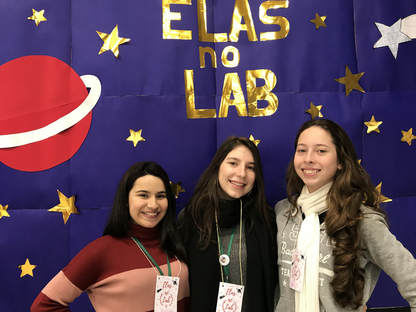 Project organisers Eduarda Rosa Ferreira, Indáia Pereira de Matos and Júlia Alvares Missel Project organisers Eduarda Rosa Ferreira, Indáia Pereira de Matos and Júlia Alvares Missel This project is the brainchild of three high school students from the Escola Sesi de Ensino Médio Albino Marques Gomes, a private high school in the same city in southern Brazil. Eduarda Rosa Ferreira, Indáia Pereira de Matos and Júlia Alvares Missel had the idea of creating workshops to raise the interest of young girls to pursue scientific careers, as part of a project led by their Physics teacher Cláudia Fraga Germano. Cláudia set her students the task of developing projects that would benefit state-run schools, which often do not receive sufficient funding to invest in the sciences, and lack proper laboratories and equipment. The activities also involved a rocket building workshop using recycled materials, a VR glasses experience that allowed the girls to virtually “travel around the universe”, the photo and video recording of the activities, and an exclusive Q & A session about space science with Thais Russomano at the end of her lecture. Feedback from the girls who attended the event was very positive, with many celebrating this unique and fun experience of learning about science. Another mission accomplished successfully due to a collaboration of working ideas and ideals in partnership! However, consider this just a first step – as InnovaSpace is proud to announce the launch of a new outreach project called Valentina – more details to be posted soon! |
Welcometo the InnovaSpace Knowledge Station Categories
All
|
InnovaSpace Ltd - Registered in England & Wales - No. 11323249
UK Office: 88 Tideslea Path, London, SE280LZ
Privacy Policy I Terms & Conditions
© 2024 InnovaSpace, All Rights Reserved
UK Office: 88 Tideslea Path, London, SE280LZ
Privacy Policy I Terms & Conditions
© 2024 InnovaSpace, All Rights Reserved
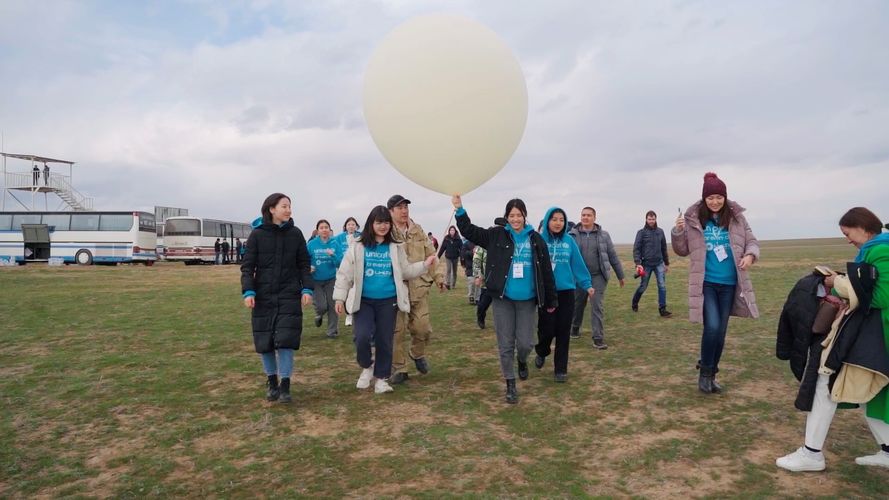
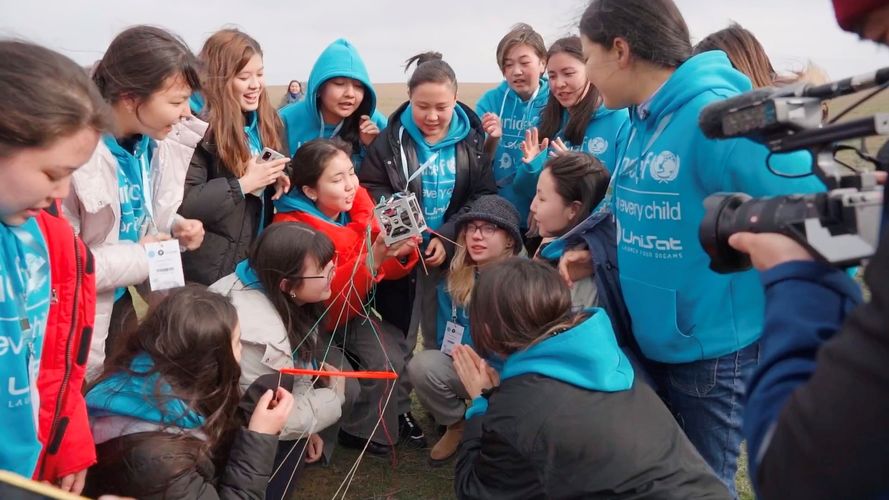
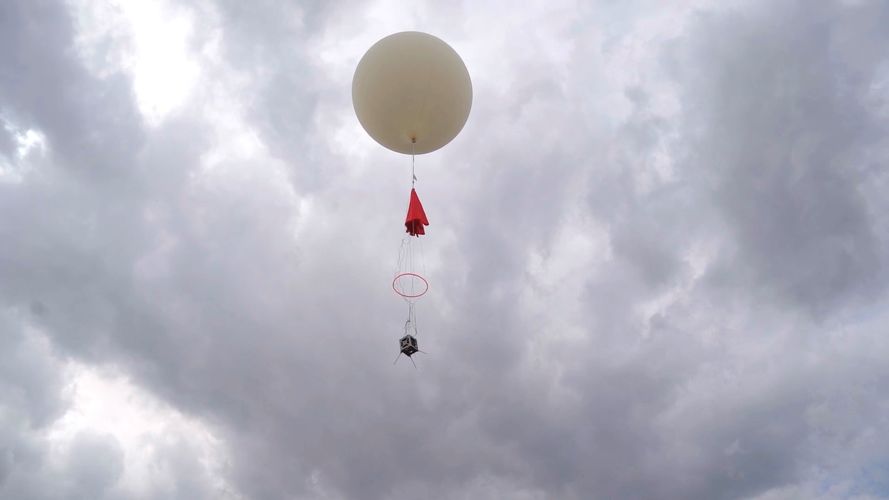

 RSS Feed
RSS Feed